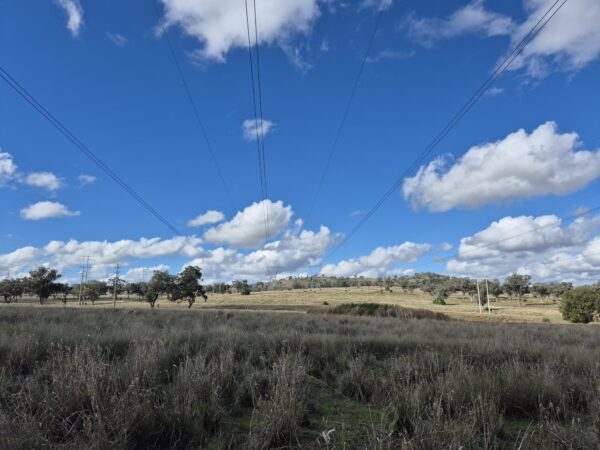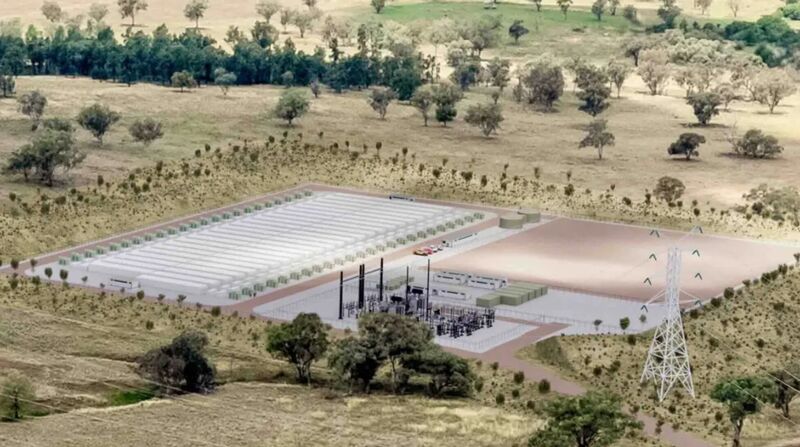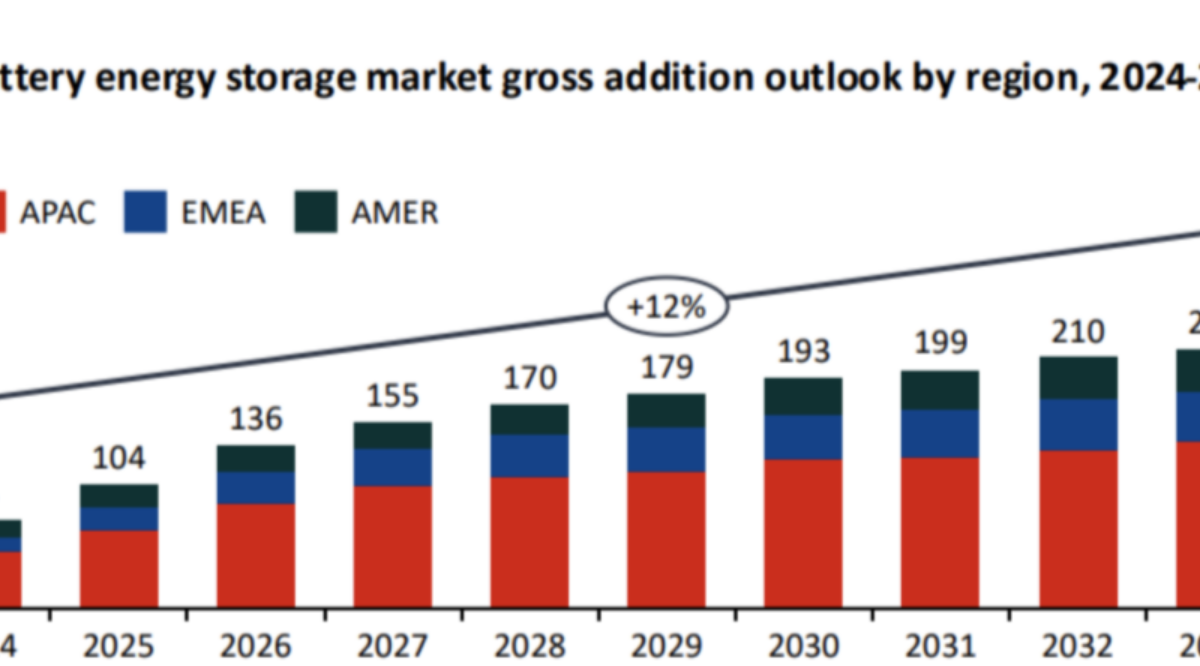In partnership with AMPYR Australia, the First Nations community-led Wambal Bila corporation located in Wellington, New South Wales (NSW), has secured a 5% equity stake in the $340 million (USD 221 million) Stage 1 Bulabul Battery, formerly known as the Wellington battery energy storage system (BESS).
The 300 MW / 600 MWh Bulabul Battery Stage 1 is expected to generate between $20 to $30 million over 25 years for the partnership, making it a significant and first-of-its kind symbol of agency for First Nations people in Australia’s energy transition.
AMPYR Australia has also committed to supporting Wambal Bila with up to $300,000 to establish its operations and plans to replicate the model in future projects.
The two entities will seek to agree to a similar equity stake in the 100 MW / 400 MWh Stage 2 Bulabul Battery.
Wambal Bila Director Keiyana Guihot said the creation of Wambal Bila is a testament to a new era of partnership and empowerment within the energy sector.
“It ensures that the benefits of the Bulabul Battery project flow directly back to our community, enabling us to invest in our cultural heritage, create economic opportunities, and support the well-being of our people for generations to come,” Guihot said.
Guihot added that the corporation believes the Bulbul Battery model will inspire similar collaborations across the clean energy sector.
The underlying equity stake includes both a right to a preferred, fixed annual return and a share of ongoing equity returns alongside other investors.
The model is scalable offering long-term benefits upon which to build local economic opportunities for First Nations communities, with the goal to apply the model to renewable projects across Australia.
AMPYR Australia Chief Executive Officer Alex Wonhas said the partnership is a major turning point for major energy projects.
“At AMPYR, we’re extremely proud to work alongside Wambal Bila to shift the focus from short-term regional construction jobs to empowering communities through long-term ownership and sustained benefit,” Wonhas said.
“We hope this sets a new industry standard that will soon become the norm for energy projects in Australia and beyond.”

Wambal Bila (Wiradjuri for mountain-river) is a new community-led corporation run by Wiradjuri people accountable to its membership, which is open to the Wellington Aboriginal community.
Bulabul means ‘two acting together’ signifying the partnership between Wambal Bila and AMPYR Australia. It also reflects the meeting of the Bell and Macquarie rivers at Wellington, an important landmark of the town and an inspiration for the Bulabul Battery logo.
First Nations Clean Energy Network Co-Chair Karrina Nolan said seeing First Nations communities working with proponents to develop and trial innovative arrangements, including equity, towards clean energy solutions and benefit sharing was significant.
Global law firm Ashurst advised AMPYR Australia on the structuring of the first-of-a-kind First Nations community equity partnership and participation model.
Ashurst Partner Jo En Low said the company is proud to have supported AMPYR Australia in delivering a sustainable community participation model for its Wellington BESS project for generations to come.
“The equity model for the Wellington BESS project will set a new benchmark for community participation in renewable energy projects across the country. This transaction not only provides a pathway for the Wellington Aboriginal community to benefit from the energy transition, but also showcases the power of innovative legal structuring to drive positive social and economic outcomes.”
This content is protected by copyright and may not be reused. If you want to cooperate with us and would like to reuse some of our content, please contact: editors@pv-magazine.com.









By submitting this form you agree to pv magazine using your data for the purposes of publishing your comment.
Your personal data will only be disclosed or otherwise transmitted to third parties for the purposes of spam filtering or if this is necessary for technical maintenance of the website. Any other transfer to third parties will not take place unless this is justified on the basis of applicable data protection regulations or if pv magazine is legally obliged to do so.
You may revoke this consent at any time with effect for the future, in which case your personal data will be deleted immediately. Otherwise, your data will be deleted if pv magazine has processed your request or the purpose of data storage is fulfilled.
Further information on data privacy can be found in our Data Protection Policy.